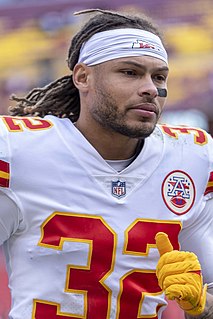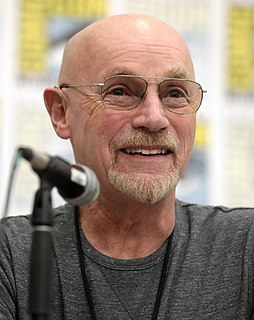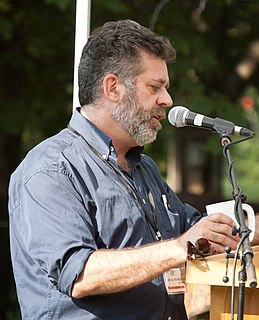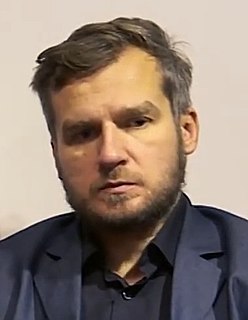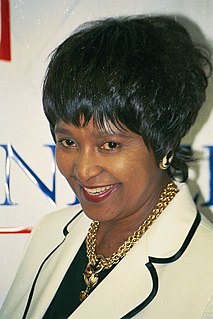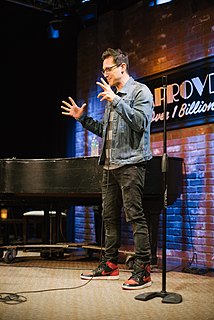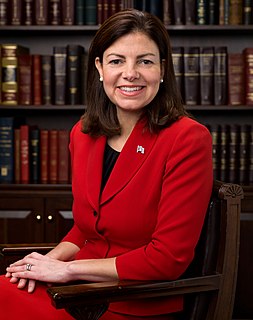A Quote by Tyrann Mathieu
My adopted parents were able to pay for me to go to a private school. So I had it better than most people.
Related Quotes
My well-meaning parents decided to send me to a Catholic grade school to get a better education than I probably would have received at the local public school. They had no way of knowing that the school nuns, who were the majority of the teachers at this particular parochial school, were right-wing, card-carrying John Birch Society members.
I would say basically the commonplace observation that kids aren't going to earn as much as their parents is now is a coin flip at this point. Are you going to do better than your parents? It's a 50-50 chance, whereas if you were born in the 1940s or 1950s, you had more than a 90 percent chance you were going to do better than your parents. So basically almost a guarantee for most kids that you were going to achieve the American Dream of doing better than your parents did. Today, that's certainly no longer the case.
I think private school is much better at customer service and making the parents feel better, especially in Los Angeles. It's almost like a spa for the parents where you drop your kids off, where they give you a beautifully baked thing and let the parents write their own newsletter about global warming.
It was life under the Soviet system - we were struggling with every big problem. Publicly, my parents had to queue up to buy food, but were able to live secret lives in their private rooms. With the TV set in the living room, we were able to see Western pop culture -a different reality from what we were living. For me, it was like two different universes existed at the same time, and we got used to being in these parallel universes.
I feel for young people today. When I came out of law school, yes, we were broke, we had kids, we had problems. But it was straightforward. I didn't have to say, "My God, I am $80,000 in debt, I have to get a job, I have to pay it back, my life is ruined otherwise." We were able to go forward and work toward building something new, and that's what we did. Today many lawyers are unable to feel free to be advocates.
There was a commonality in a lot of the private school experiences that I had of children whose lives were not their own. They thought they were their own, but they were essentially gifted this life by their parents. So they were spending money; they were going on trips - I guess, in a way, it is their life, but they didn't earn it.
My parents both worked; I was a 'latchkey kid.' We were lower-middle class, and they did everything that they could to give me anything I wanted, within reason. We were not rich by any stretch of the imagination, but being an adopted kid, I think we had a different connotation. My parents tried extra hard, I think.
